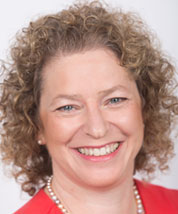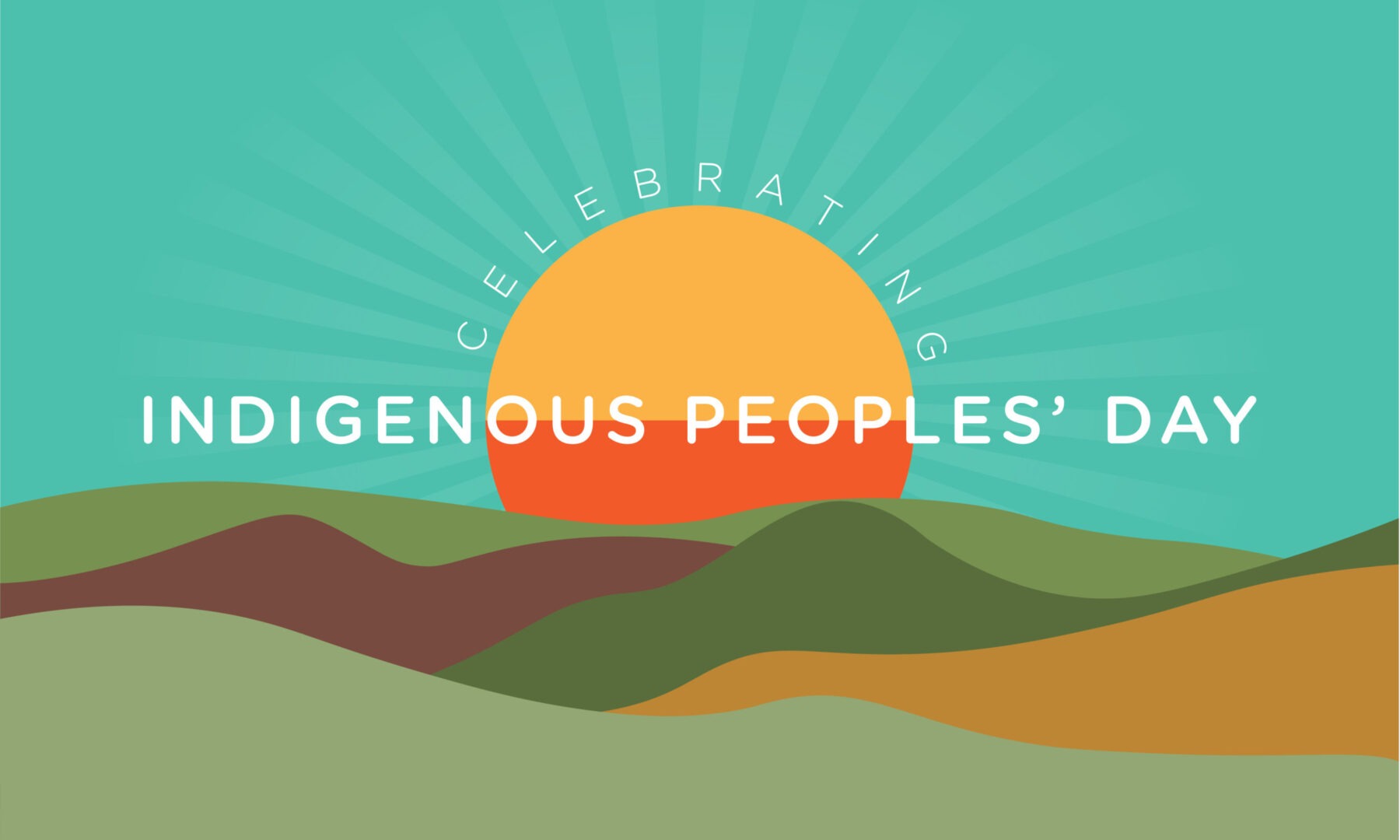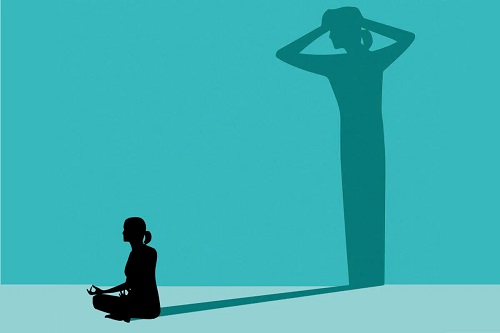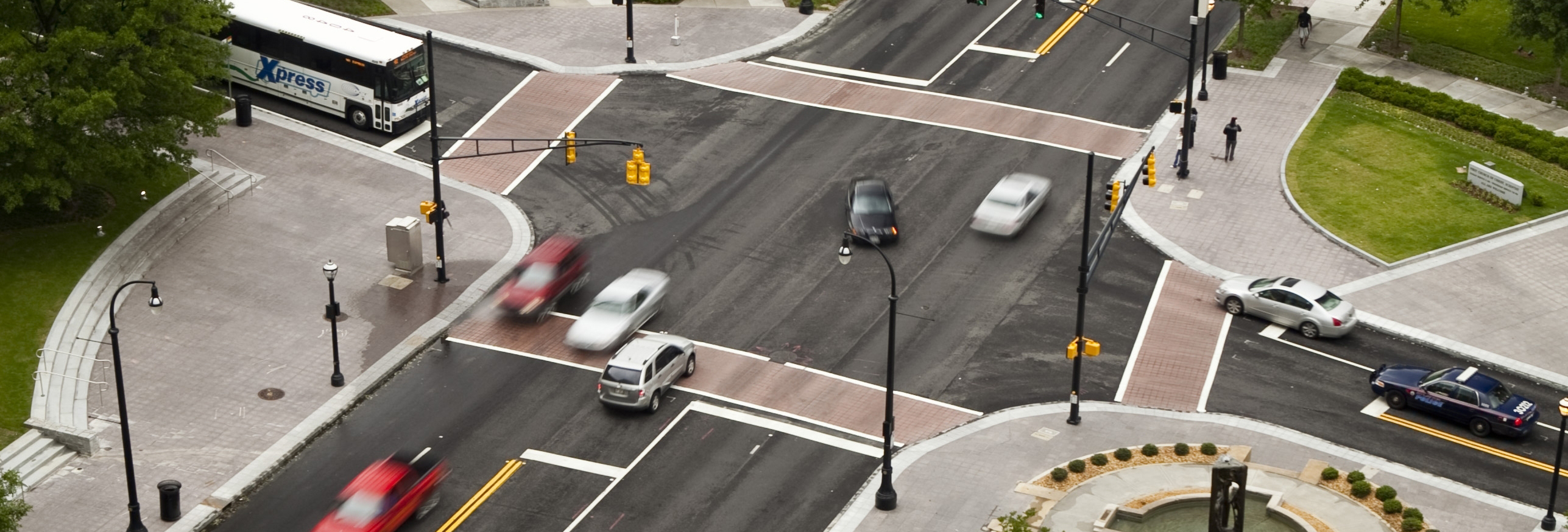By: Janet Stearns, Dean of Students, University of Miami School of Law
Chair, ABA COLAP Law School Committee
World Mental Health Day
October 10 has been declared as World Mental Health Day by the World Health OrganizationThe objective is to “raise awareness of mental health issues around the world and to mobilize efforts in support of mental health.” Just last week, the CDC announced that the suicide rates in the United States increased four percent from 2020 to 2021, showing that the demand for resources and education remains great.
For many years, the ABA Law Student Division and the ABA Commission on Lawyer Assistance Programs have partnered to bring Mental Health Day to our law students nationwide. While initially organized in March, the groups now celebrate October 10 as Law Student Mental Health Awareness. The ABA will partner to feature national programming to bring attention to law student mental health and reduce stigma so that resources are accessed. Many law schools will use Mental Health Day as a linchpin for law school wellness days or wellness weeks. Often, lawyer assistance programs around the country also use this opportunity to visit area law schools or do outreach through social media. I expect that many of the readers of this article are already on the path to organizing programming for the upcoming Mental Health Day. However, an excellent review of the range of opportunities is covered by Jordana Alter Confino in her 2019 article Where Are We on the Path to Law Student Well-Being?: Report on the COLAP Law School Assistance Committee Law School Wellness Survey.
The 2022 Mental Health Day is just around the corner. This year, at the request of the ABA Law Student Division leadership, we have recruited a group of thought leaders on well-being (among them bar leaders, law faculty, COLAP members, and law students) to record short videos sharing messages on well-being. An intensive social media campaign will continue over the next two weeks. In addition, on Friday, October 14, a number of law students, representing diverse initiatives around mental health, well-being, and mindfulness, will convene to discuss a number of topics in law schools and advocate for change. (Please contact the author for additional information if you have students who should be added to this invitation.) We anticipate that many law schools will be hosting their own programming, and encourage all to share your activities using #LawStudentWellBeing.

While this initiative predates the recent revisions to the ABA Standards, this is an opportunity to underscore that the ABA COLAP and Law Student Division advocated jointly for the inclusion of well-being in the Standards for many years. This year, now that ALL law schools must make resources available around well-being under Section 508, we expect that 2022 Mental Health Day will truly be a national event.
Indigenous People’s Day
Monday, October 10 coincides with the holiday now known as Indigenous People’s Day. Some history on this holiday: in 1934, President Franklin Delano Roosevelt first designated October 12 as Columbus Day, commemorating the day when presumably a crew member of the ship lead by Columbus “sighted land.” Since 1971, this was recognized as a federal holiday, and then moved “officially” to the second Monday in October.
South Dakota was the first state to recognize Indigenous People’s Day in 1990, and since then a number of states have followed. While it is not yet a federal holiday, a movement is growing. In 2021, President Biden was the first U.S. President to issue a proclamation in recognition of Indigenous People’s Day.
On Indigenous Peoples’ Day, our Nation celebrates the invaluable contributions and resilience of Indigenous peoples, recognizes their inherent sovereignty, and commits to honoring the Federal Government’s trust and treaty obligations to Tribal Nations….On Indigenous Peoples’ Day, we honor America’s first inhabitants and the Tribal Nations that continue to thrive today.
Early in the planning for this year’s Mental Health Day, the organizers recognized that the coinciding of the two holidays provided a great opportunity for reflection and awareness. For one, we recognized that some law schools may be closed on Monday, October 10 and that we needed to be flexible with programming that would extend over the entire week. Further, in recruiting thought leaders for this year’s videos, we actively sought voices that would help us highlight the significance of the two overlapping dates. We invite you to pay particular attention to the contributions of Professor Rhonda Magee (University of San Francisco), and Siena Kalina, 3L at Colorado/ Boulder and President of the National Native American Law Students Association. We are grateful for their contributions.
The Intersection of Mental Health Day and Indigenous People’s Day: Lessons for Professional Identity Education
The significant changes in the ABA Standards in 2022 have created many opportunities in legal education. Among these is the opportunity to create new dialogue between the advocates for law student well-being and supporters of education addressing bias, cross-cultural competency, and racism. These two issues are closely intertwined on many levels, and we have a unique opportunity in the upcoming weeks to reflect and message on this.
In 2020, Mental Health Day featured the path-breaking work of Rhonda Magee and her book The Inner Work of Racial Justice: Healing Ourselves and Transforming Our Communities Through Mindfulness. The recording of her presentation is still available on the ABA website. Professor Magee’s powerful work speaks to the role of mindfulness in our own lives and as an integral part of racial justice work.
In recent years, I have also become more attuned to the need for programming that speak directly to some of our students who may feel marginalized in our law schools. I wrote about this in the AALS Student Services Section Newsletter last year, exploring the integration of well-being and anti-racism programming.
As I have been pondering for myself the upcoming holidays, let me suggest a few very concrete but important steps towards well-being for our Native American Law Students:
- Miami University and other institutions are using land acknowledgements to reframe our understanding of property and show respect for local indigenous peoples. My institution now has such a land acknowledgement on its Consider special messaging that should be shared for Indigenous People’s Day.
- Read about the National Native American Law Students Association and whether your law school does or should have representation.
- Reach out to graduates who may be able to teach and share wisdom…with us and with our students. I made such a call last week to a wonderful former student, Curtis Osceola, who now works as Chief of Staff to the Miccosukee Indian Tribe here in
South Florida. I have asked him to write a short message to be shared with Miami Law next week in recognition of Indigenous People’s Day. You can read his powerful message, which appears at the end of this post.
Janet Stearns is Dean of Students at the University of Miami School of Law and Chair of the ABA COLAP Law School Committee.
- Recognize that all of the Mental Health and Well-Being challenges that we are highlighting are playing out in significant ways in the Indigenous community, and often with far fewer resources to support.
The author welcomes hearing from colleagues across the country as we all explore approaches to our commemoration of the dual holidays that will take place October 10, 2022. You can reach me at jstearns@law.miami.edu.
Curtis Osceola’s Reflection Re: Indigenous People’s Day
Columbus Day. I remember when I was a child sitting in an elementary school classroom and being told of the exploits of Columbus. How he traveled the world, explored the Caribbean, discovered America…
I raised my hand, “Miss, Columbus didn’t discover America, my people were here.” The teacher was taken aback. I doubt anyone had ever challenged the lesson plan, “Yes he did, Curtis. Columbus discovered America.” She replied. “No, he didn’t, he was lost and my people were here first.” I was sent to the office for insubordination. I felt humiliated, guilty, and stupid. How could I have been so wrong? Is my entire existence wrong? What can I do to be “right?”
Many Natives have expressed the same defiance to colonial history, but now that defiance has become a movement. The movement to change Columbus Day to Indigenous People’s Day was born out of the rejection of the lie that is the “Discovery” story of Columbus. But why such a strong rejection? America is great after all. We have the blessings of freedom and democracy. We are protected by laws and those who enforce those laws. We have courts and modern notions of substantive and procedural due process. So why fight the history?
Because the lie hurts. Not like a cut with a knife or a bullet through the flesh. It hurts the mind. Take, for instance, a Native child today. How many Natives before them endured racism, oppression, violence? What effect did those experiences have on the mental health of their predecessors? On their brain chemistry? What is the net effect of that experience through their progeny? The generational trauma of war, removal, and extermination have evolved into contemporary mental health issues like schizophrenia, bipolar disorder, depression, and suicide. These are exacerbated by the social ills of poverty, unemployment, disenfranchisement, domestic violence, and constant bereavement.
Take the experience described earlier: Imagine if a young family member told their teacher about the history of their family member told their teacher about the history of their family, of their heritage. Imagine if the teacher said to that child that they were mistaken, that the history they learned from their family, your ancestors, was wrong. Imagine that child being punished for their expression of truth. And think for a moment—if that single incident was foundational for the formation of my personality and identity, then what further effect does the cumulative trauma mentioned earlier have on the mind?
This is a small window into the intersectionality between what is now Indigenous Peoples’ Day and World Mental Health Day. It is serendipitous that this year they both fall on October 10, 2022. Native Americans now celebrate the second Monday of October as one that is representative of their heritage, legacy, and identity. It seems that the healing has begun. Indigenous People have been subjugated and oppressed since the dawn of the New World. You can help make positive change for Indigenous people. It may not be easy, but it’s worth trying.

Curtis Osceola is an alum of Miami School of Law and now works as Chief of Staff to the Miccosukee Indian Tribe in South Florida.
So how can you make a difference? Make it personal. Become aware of the Indigenous people in your community. Ask them about their land, their history, their experiences. Empathize (or even sympathize) with them. We are the real legacy of the land—subject to the original sins of the American experiment. Remember that the experience of Indigenous people is not just a social experience, but a psychological one as well. Be a friend, be an advocate, be insubordinate avant-garde.



